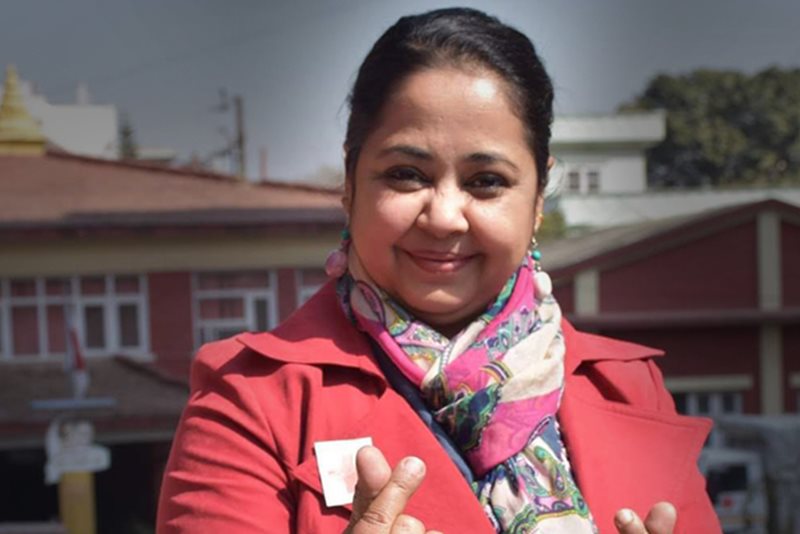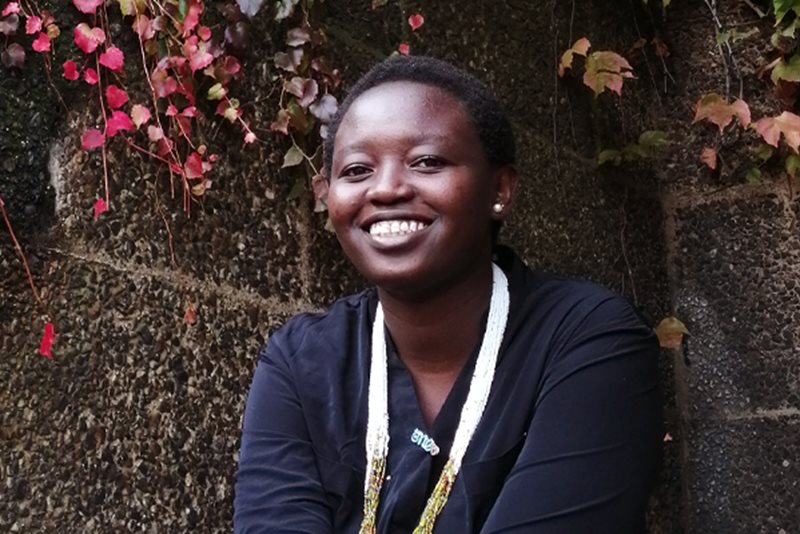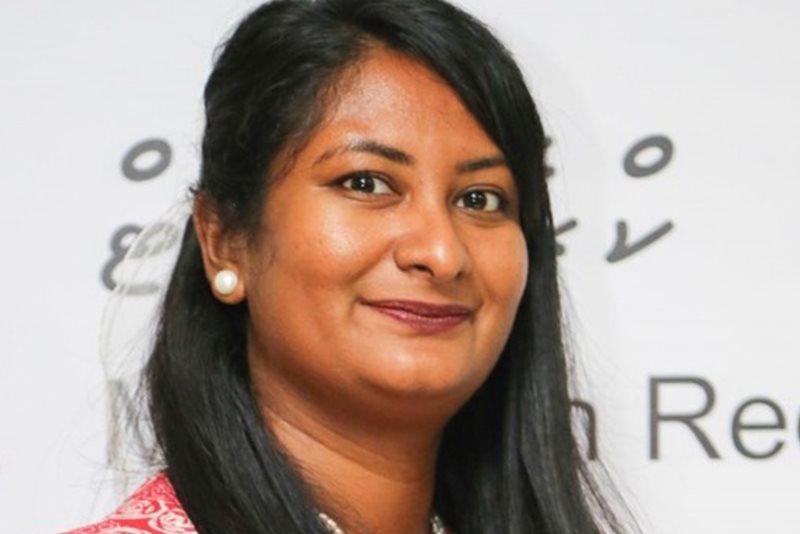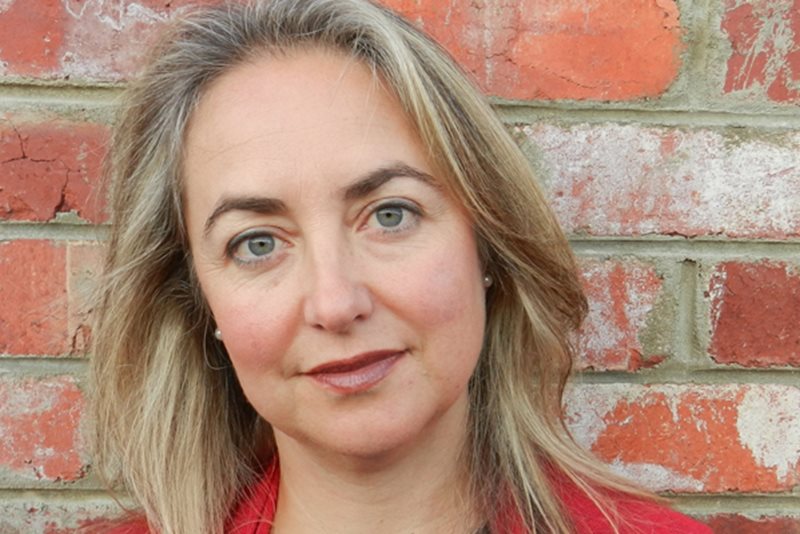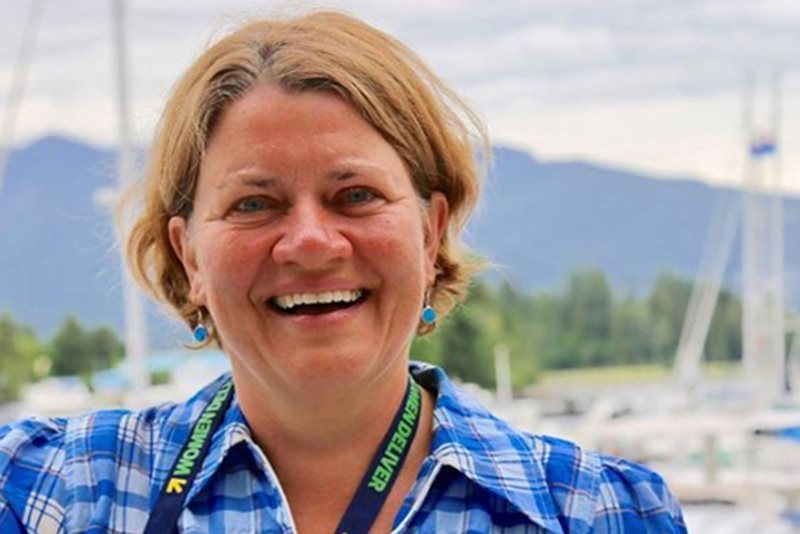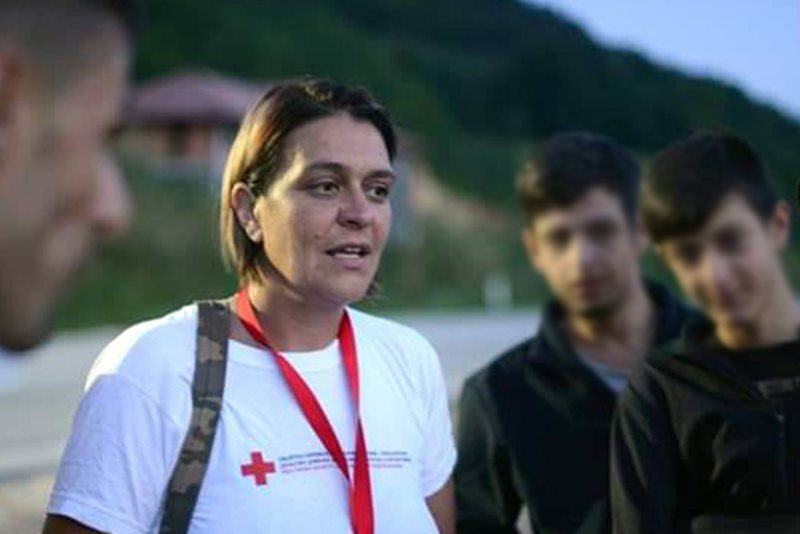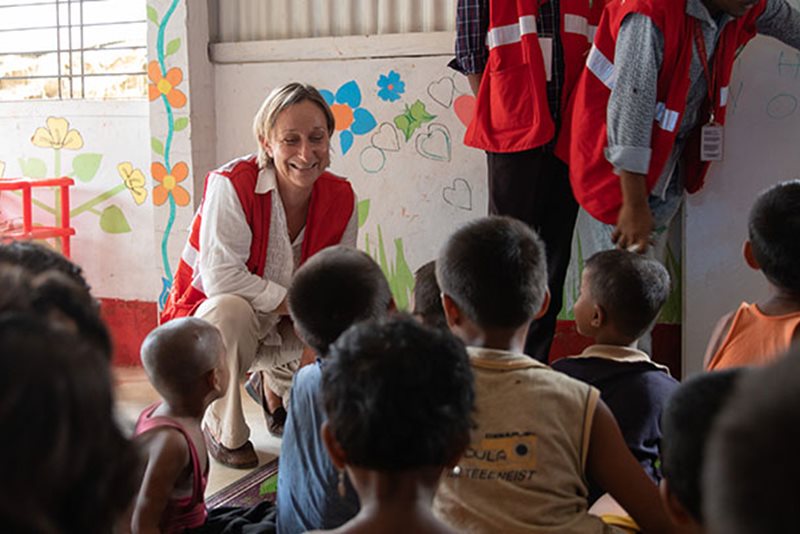

Already as a young girl I imagined myself a humanitarian worker. The idea came to my mind when I visited a refugee camp in Thailand near the Cambodian border in the early 1980-ies. My mother was doing voluntary work in the Red Cross medical tent, helping to feed the youngest children. This made a strong impression on me, and I wanted to be a part of that movement.
It took many years before I was able to follow my dream. I studied to be a nurse and dedicated my life to work and to raising a family. Suddenly one day my three kids had grown up to be young adults, and I had gained enough professional experience to have the courage to apply to my National Society, the Swedish Red Cross.
This became a turning point in my life. My family and friends all supported my decision to take a year off from work and go to Uvira in South Kivu, where I stayed for 18 months. It was an amazing time, I can´t even start to tell how much I learned during my first mission.
Since then, I have done two more missions in Africa – first in Chad and then in CAR. The missions have been totally different, although always within the area of health. In DRC I did Hygiene Promotion and constructing latrines in rural villages. In Tchad I was the leader of a hospital team doing war surgery. In CAR I was training the armed groups in First Aid, and I helped with evacuations of war wounded to the hospital.
After three missions in Africa, I was transferred to the middle East to assist health facilities in the chain of care of war wounded. This was a completely different context in many ways. The character of the conflicts, the culture and traditions, and the social codes. It is always a challenge in the beginning to adapt to a new environment, but usually people around you are very helpful in guiding you right.
– Katarina Öberg, ICRC“My best advice to any delegate is to listen carefully to your local colleagues.”
My experience of being a woman in the humanitarian field has mostly been positive. Since I started off late in life as delegate, I had a lot of experience professionally and as a person. Being a mother, and now also a grandmother, is something that has always been considered with a lot of respect and regard, and even sometimes made it easier to connect with people. This maturity has helped me in the role as a leader, both in the way I have been seen and in my way of handling difficulties.
I have of course been in challenging situations, sometimes even insecure, when I have felt that my gender could be a disadvantage. However, both the ICRC and life in general have trained and prepared me for this.
This said, I think that there is still a lot that we can do to strengthen the influence of female values and perspective in the Red Cross/Red Crescent movement. There are still many areas of improvement. We must make sure that the awareness of inequality and discrimination always stays a topic on the agenda, and that we create the best possible opportunities for women to show their ability and capacity. I believe that having both men and women equally impacting the development will ensure a healthy and sound world for the future.
I am profoundly grateful for the possibility I was given to work as a delegate for the ICRC.
In the conflict zones where I have worked, war has ravaged the country and the society, sometimes during decades. The suffering of the civilian population is beyond words, but somehow daily life goes by. The children play in the back yard, the mothers and fathers struggle to maintain a basic level of needs. I have met the most amazing people in the most difficult situations. Helpful, tolerant, and generous. There is always room for a friendly smile, for a meal shared between strangers and a kind word at a farewell. I have returned home from every mission with a feeling of being blessed.
– Katarina Öberg, ICRC“I dream of returning to the many countries that have welcomed me, and to find peace and stability instead of war and devastation"
I carry every day lived in the field with me. The happy days as well as the heart-breaking moments. The people who crossed my path, some of them who are no longer with us, have shaped me to be the person I am today.

Companies in the top quartile for gender diversity are 15 per cent more likely to outperform competition.




